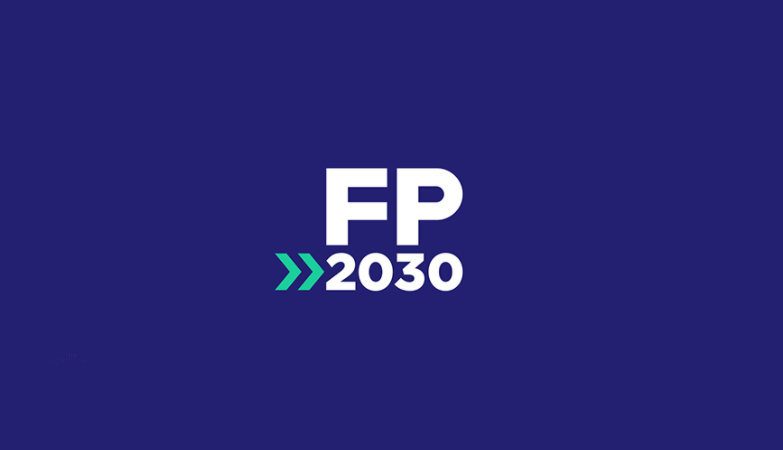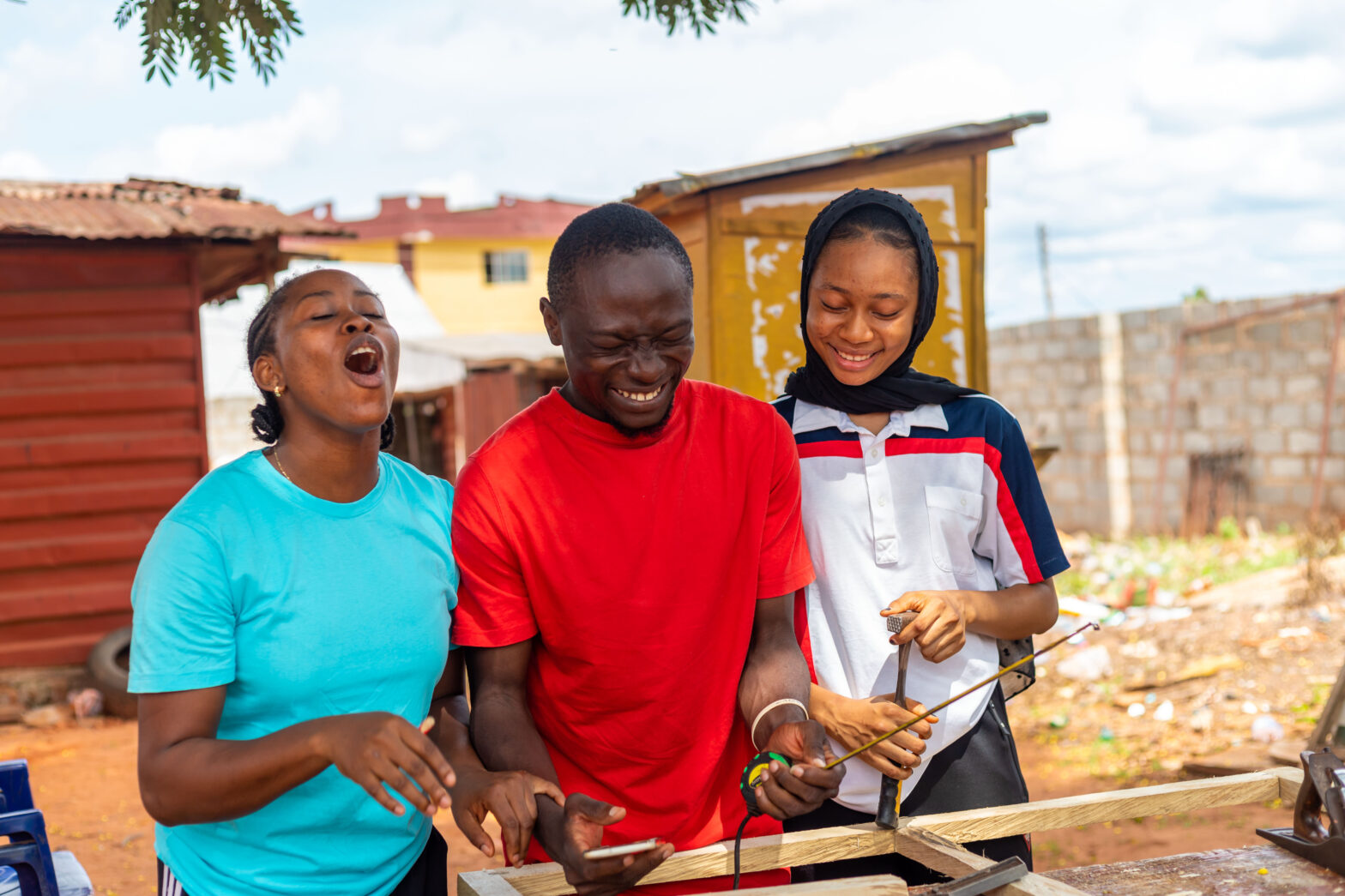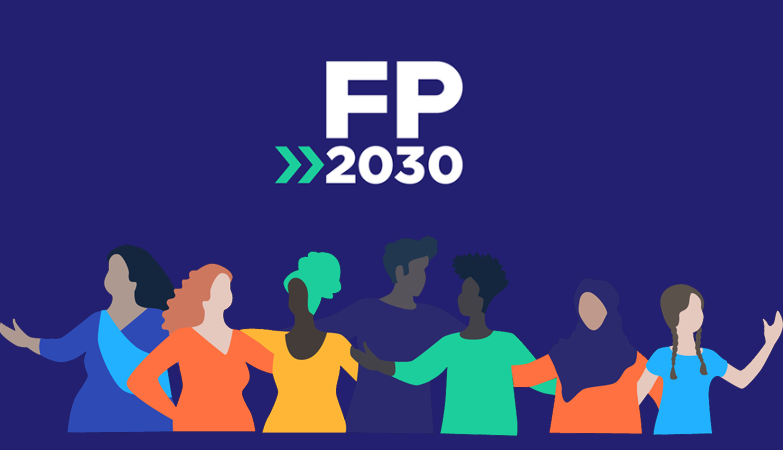Across 90+ countries, DKT will ensure high quality contraception is available, affordable, and accessible—educating health providers and consumers alike on the benefit and use of family planning products and technologies
Month: July 2021
No one left behind: has the pursuit of FP2020’s 120 million additional users goal left some women behind?
An important question is whether the FP2020’s “120 million additional users” goal exacerbated inequities and led to a prioritization of populations within countries where substantial gains towards the goal could be made. We examine FP2020 country data and policies for signs of inequity in gains in modern contraceptive prevalence (MCP) and in the focus of family planning programs and policies.
FP2030, MSI Reproductive Choices announce landmark commitments to mark the next decade of progress on family planning
Family Planning 2030’s “Join the Movement” virtual gathering brings in bold new goals for the family planning community, galvanizing action towards global access to lifesaving, life-changing modern contraception.
Building FP2030 – An Update on the FP2030 Transition Process
The Transition Oversight Group (TOG), through its three active working committees and a separate Finance Group, continued to work in refining and moving forward the establishment of the new FP2030 structure. The TOG’s efforts on establishing the future governance structure, operationalizing the five regional hubs, and recruiting a new Executive Director to lead the next stage of the partnership are steadily progressing with support from the Secretariat and the Transition Management Team.
Calling for Creative, Bold, and Youth-friendly Campaign and Communications Experts!
A group of youth-led organizations – supported by FP2030 – is setting out to challenge the Sexual and Reproductive health and Rights field (especially governments, iNGOs, and donors)and take the movement for equitable partnerships with young people to the next level!
Do you know where your birth control is? Tracking contraceptives improves health services – and choice in Uganda
In Bukedea and four other districts in eastern and northern Uganda, a digital system launched by UNFPA tracks contraceptive supplies to avoid stock-outs and waste. DrugDash is a mobile app and web tool that generates and shares information on supplies across health facilities in real-time, eliminating frequent errors under the previous, laborious system of record-keeping on paper. With the latest numbers at their fingertips on a tablet, people can make more accurate and timely decisions about how to redistribute contraceptives.
President of Pakistan stresses birth spacing amid rising population
President Dr Arif Alvi has called for accelerating efforts to reduce the population growth rate and lower the total fertility rate in the country.
Calling for Local Youth-led Organizations, Networks, and Coalitions in Africa, Asia, Latin America/Caribbean, or the Middle East!
We (Copper Rose Zambia, IYAFP, and other youth-led organisations, with the support of FP2030) are taking the movement for equitable partnerships with young people to the next level!
News and Updates from FP2030
This last month, we’ve been celebrating LGBTI Pride as well as the second Generation Equality Forum in Paris. This is a good opportunity to recognize that the FP2030 partnership will be bigger and more inclusive, engaging partners beyond the family planning sector. People everywhere and in every body have the right to choose when or whether to have children, and they have the right to live healthy lives — and these rights are foundational to achieving gender equality. This is just one of the many ways FP2030 commitments are aligned with Generation Equality.
FP2030 Performance Monitoring & Evidence Working Group Membership Application
The Performance Monitoring and Evidence Working Group (PME WG) membership application is now live.








